I participated in a campaign on behalf of Mom Central Consulting (#MC) for MedImmune. I received a promotional item as a thank you for participating.
I talk about the dangers of RSV all the time to my husband, to other moms, and especially to new moms. RSV is incredibly serious and not many moms are aware of what it is or how dangerous it can be. I feel like a little unofficial RSV spokesperson.
This is me and my little sweet pea when she was 1 day old. It’s hard to believe she’s over two years old now and expecting another sibling soon! I’m due during the peak season of the RSV so this is good information to go over again for myself and to kindly remind those who may want to come by and visit.
What it is:
Respiratory syncytial (sin-SISH-uhl) virus (RSV) is a common seasonal virus that causes mild to moderate cold-like symptoms in healthy, full term babies. Nearly all children catch this at some point by the age of two. Preterm infants, however, are born with undeveloped lungs and immature immune systems that put them at heightened risk for developing severe RSV disease, which often requires hospitalization.
I have had a few friends who’ve had their babies in the hospital for weeks and one that had to stay in there for months. Thankfully, none of the children I knew died from RSV but anytime spent in the hospital is too long.
- -RSV infection is more likely to root in premature lungs where developing airways are narrowed and especially fragile.
- -Preterm babies carry fewer virus-fighting antibodies—a precious gift from mom that all infants need while their own immune systems mature after birth.
Key RSV facts:
- -RSV occurs in epidemics each year, typically from November through March, though it can vary by geography and year-to-year.
- –RSV disease is the leading cause of hospitalization for babies during their first year of life in the United States, with approximately 125,000 hospitalizations and up to 400 infant deaths each year.
- -RSV disease is responsible for one of every 13 pediatrician visits and one of every 38 trips to the ER in children under the age of five.
- -Despite being so common, many parents aren’t aware of RSV; in fact, one-third of mothers have never heard of the virus.
If you visit a new baby:
- -Wash your hands frequently—upon entering the home and especially prior to holding the baby. Parents, and the new baby, will appreciate it.
- -Leave toddlers at home, especially during the winter months. Young children, especially if they attend day care or preschool, often carry germs and viruses, like RSV, that are easily spread.
Learn the Symptoms of Severe RSV Disease:
Contact your child’s pediatrician immediately if your child exhibits one or more of the following:
- -Persistent coughing or wheezing
- -Bluish color around the mouth or fingernails
- -Rapid, difficult, or gasping breaths
- -Fever [especially if it is over 100.4°F (rectal) in infants under 3 months of age]
How Can I Help Protect My Baby From RSV?
RSV is very contagious and can be spread easily through touching, sneezing and coughing. Additionally, the virus can live on the skin and surfaces for hours. There is no treatment for RSV disease once it’s contracted, so prevention is critical. To help minimize the spread of RSV disease, all parents should:
- -Wash their hands and ask others to do the same.
- -Keep toys, clothes, blanket and sheets clean.
- -Avoid crowds and other young children during RSV season.
- -Never let anyone smoke around your baby.
- -Steer clear of people who are sick or who have recently been sick.
Did you read that above? There is no treatment for RSV disease once it’s contracted, so prevention is critical. That should get your attention.
World prematurity day is Nov. 17th so use this as an opportunity to talk with loved ones about their little one’s health and RSV prevention. For more information please visit RSVProtection.
Do you see those little buttons below here? Use those to share this post with your friends and family. Especially if you have a new baby, a baby on the way or if you know someone who is expecting or has a new baby please share this with them. RSV is a dangerous, dangerous virus and it could be a matter of life or death if not caught soon enough.



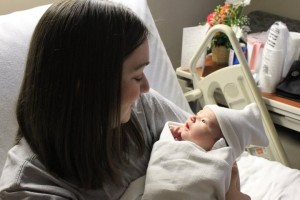

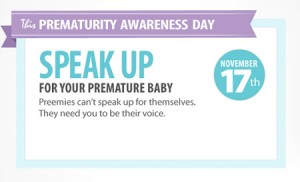
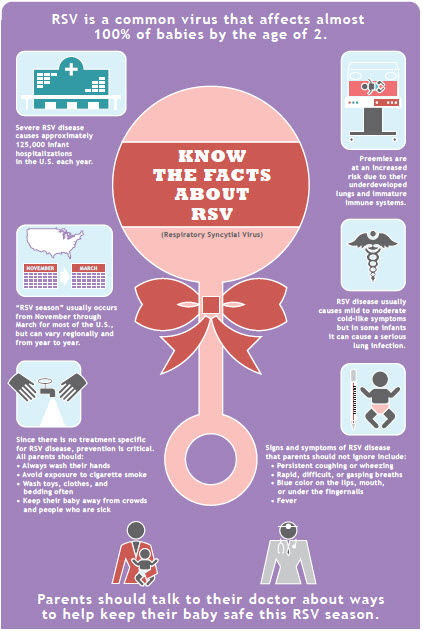
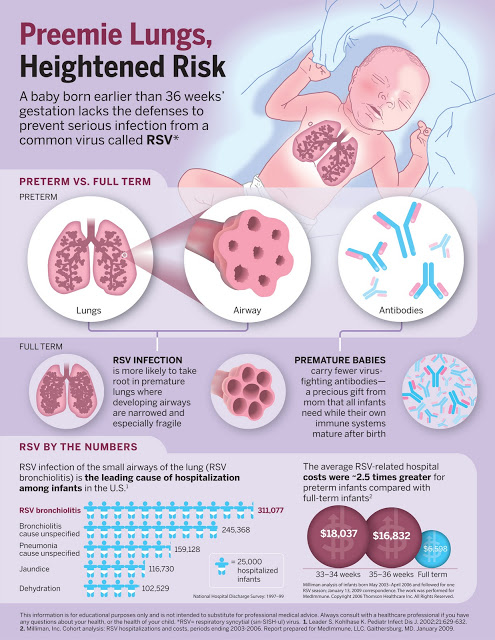

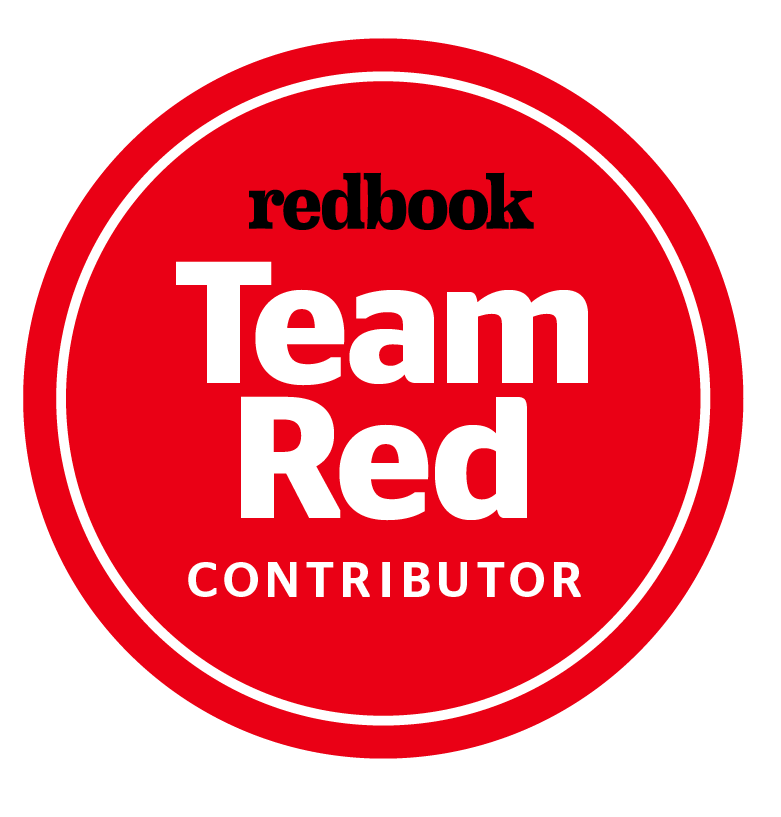





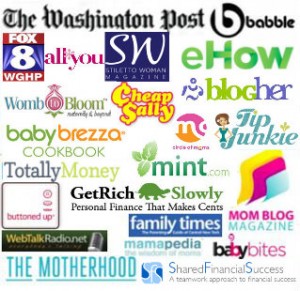

Recent Comments